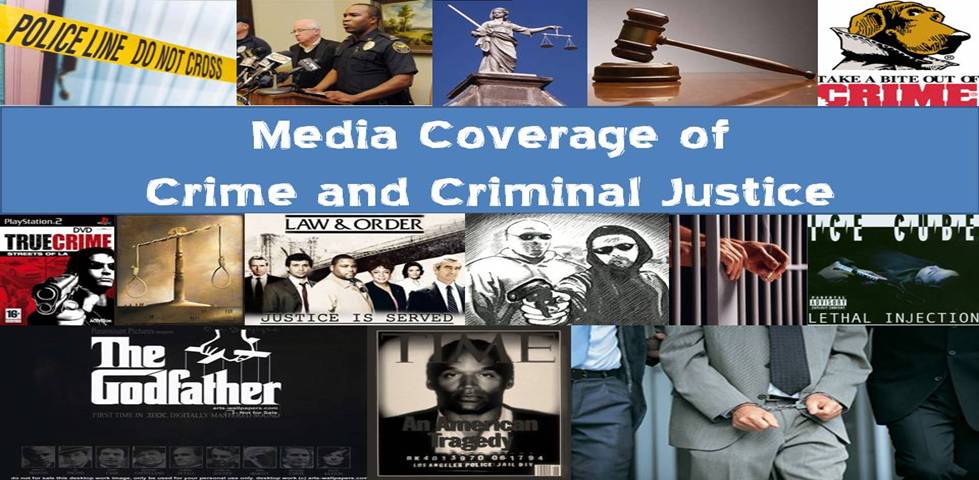First was the movie theater shooting in Colorado that killed 12 people.
Then there was the massacre at the Sikh religious facility in Wisconsin that left seven dead.
In fact, in the past 30 years there have been at least 58 cases of mass murder with guns in the US. To be included in this list the event must meet these criteria:
- The killings were carried out by a lone shooter. (Except in the case of the Columbine massacre and the Westside Middle School killings, both of which involved two shooters.)
- The shootings happened during a single incident and in a public place. (Public, except in the case of a party at an apartment complex in Crandon, Wisconsin.) Crimes primarily related to armed robbery or gang activity are not included.
- The shooter took the lives of at least four people. An FBI crime classification report identifies an individual as a mass murderer—as opposed to a spree killer or a serial killer—if he kills four or more people in a single incident (not including himself), and typically in a single location.
- If the shooter died or was hurt from injuries sustained during the incident, he is included in the total victim count. (But we have excluded cases in which there were three fatalities and the shooter also died, per the previous criterion.)
- We included six so-called "spree killings"—prominent cases that fit closely with our above criteria for mass murder, but in which the killings occurred in multiple locations over a short period of time.
In the Colorado shooting, the psychiatrist who treated the shooter James Holmes actually made contact with a University of Colorado police officer to express concerns about her patient's behavior several weeks before Holmes' alleged rampage, sources told ABC News.
The sources did not know what the officer approached by Dr. Lynne Fenton
did with the information she passed along. They said, however, that the
officer was recently interviewed, with an attorney present, by the
Aurora Police Department as a part of the ongoing investigation of the
shooting.
Fenton would have had to have serious concerns to break confidentiality
with her patient to reach out to the police officer or others, the
sources said. Under Colorado law, a psychiatrist can legally breach a
pledge of confidentiality with a patient if he or she becomes aware of a
serious and imminent threat that their patient might cause harm to
others. Psychiatrists can also breach confidentiality if a court has
ordered them to do so.
This raises an important question. If we have evidence that a person with a serious mental illness or brain disorder is talking about or even planning such a massacre, what can actually be done about it?
The answer is, it depends on the state. In some states, the police can take action and a person can be held against his or her will pending a mental health evaluation. In others, the person cannot be detained unless he or she is an immediate threat to himself or herself (or others) at that very moment.
This is a tough one. We'll always look back on cases like this one (and the Sikh shooting where the shooter was known to many groups and the US government as a threat and dangerous, hate-filled person ... and the Columbine killings where the shooters were known to be in serious trouble and the plot was known to many beforehand ... and ...) and we will speculate about what could have been done.
The news media will address the issue for weeks after every mass killing. And yet, nothing will ever be done. So get used to this happening again and again, year after year.


No comments:
Post a Comment